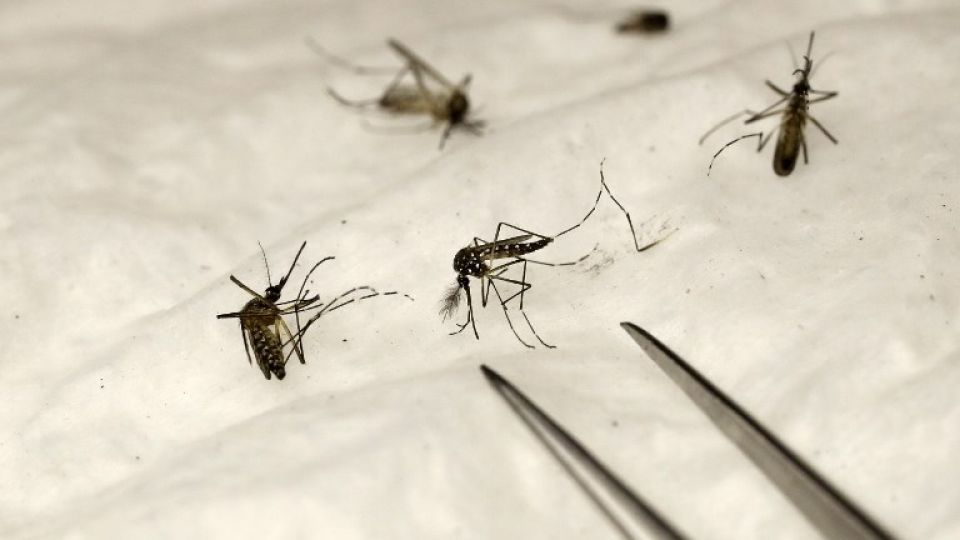April 26, 2018
Scientists may have found a way to eliminate potentially untreatable P falciparum malaria – the deadliest malaria parasite – in South-East Asia, according to a ground-breaking new study.
The study’s authors say that setting up community-based malaria clinics for early diagnosis, treatment and monitoring, combined with mass antimalarial drug administration (MDA) to everyone living in ‘hotspot’ areas – even if they do not show signs of malaria – substantially reduced, often to zero, malaria incidence in remote Myanmar villages.
Combining targeted malaria elimination activities such as these with existing control programmes, study authors say, means that there is a real chance to eliminate drug-resistant P. falciparum malaria, preventing its spread to South Asia and Africa – if authorities and funders act urgently.
- falciparum malaria is the most common of five kinds of malaria parasite that infect humans, and the most likely to cause severe infections that can lead to death.
The World Health Organisation recommends Artemisinin-based combination therapies (ACTs) as the first and second-line treatment of uncomplicated P. falciparum malaria. However, Artemisinin-resistant P. falciparum malaria has emerged in Southeast Asia.
The spread of artemisinin resistant P. falciparum malaria and subsequent loss of partner antimalarial drugs in the GMS, threatens the global control and elimination of malaria – and could put millions of lives at risk if this drug-resistant malaria spreads to South Asia and Africa.
“There has been no clear containment strategy so, despite substantial international investment in regional malaria control, drug-resistant malaria now extends across the whole of the Greater Mekong sub-region (GMS). However this study provides hard evidence that it is possible to eliminate artemisinin-resistant falciparum malaria rapidly if the will and the financial support are forthcoming,” said Oxford University’s Prof François Nosten, Director of the Shoklo Malaria Research Unit (SMRU) in Mae Sot, Thailand.
The study identified key elements to successful malaria elimination. After a culturally adapted community engagement phase, they set up more than 1,200 village malaria posts operated by trained villagers to detect, treat and monitor malaria for the nearly 365,000 people living in remote villages in an 18,000 km2 area of eastern Myanmar’s Karen/Kayin State. Then in malaria hotspots – 60 villages where many people carried malaria parasites without being ill – they gave effective antimalarial treatment to everyone living in those villages.
“Careful planning and public engagement to get the support of affected communities is key to ensure success,” explained METF Director Gilles Delmas. “Our study shows that we can eliminate malaria even in remote areas. But long-term political and financial support will be needed to prevent malaria [from returning].”
The study was funded by The Bill & Melinda Gates Foundation, The Global Fund, and the Wellcome Trust, and organised by the SMRU-based Malaria Elimination Task Force (METF) in close collaboration with local health authorities.


